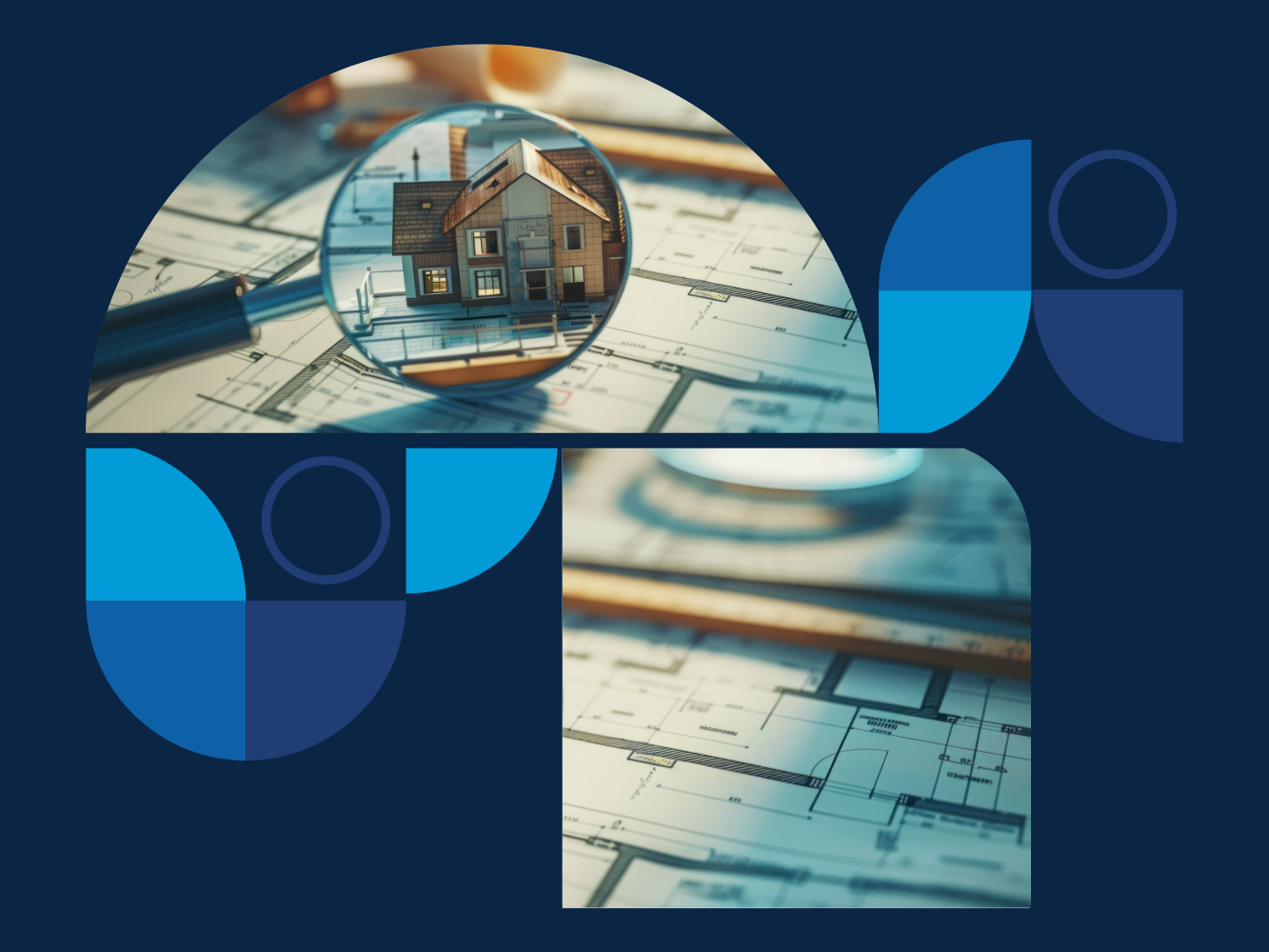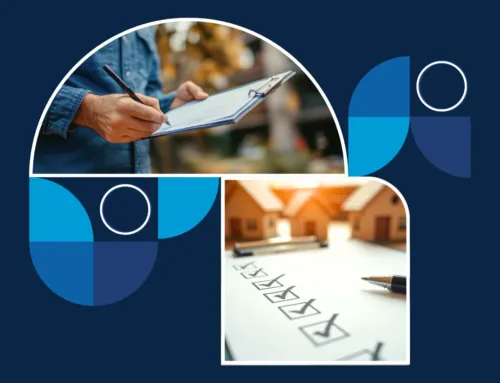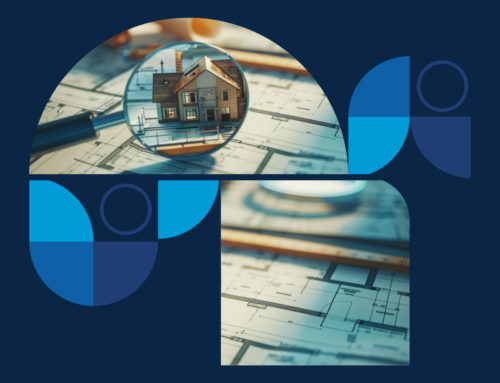As a landlord, maintaining your rental properties is not just about keeping them looking good; it’s essential for the satisfaction of your residents and the longevity of your investments. Think of property maintenance as preventative healthcare for your buildings—it’s all about catching small issues before they turn into costly repairs. In this guide, we’ll walk you through the key aspects of rental property maintenance, from regular inspections to handling emergency repairs.
Whether you’re a seasoned property owner or new to the real-world chess game of real estate, understanding the nuts and bolts of maintenance will save you time, money, and a lot of headaches.
After all, a well-maintained property not only keeps your residents happy but also maximizes your rental income potential. So, let’s dive in and explore how to effectively manage the upkeep of your rental properties, ensuring they remain valuable and vibrant for years to come.
Landlord Responsibilities vs. Resident Responsibilities
Let’s break down the upkeep responsibilities for both landlords and residents to keep everything running smoothly. This isn’t just about following the rules—it’s about making sure everyone knows what’s expected, so the property stays in top shape and everyone stays happy.
What Landlords Need to Do
Keep the structure sound: Your job is to ensure the property’s bones—the walls, roof, and floors—are solid and secure. No one wants to deal with the fallout of a leaky roof or a cracked wall!
Maintain key systems: You’re in charge of the big stuff like heating, plumbing, and electrical systems. Regular checks and fixes keep these critical systems running smoothly, preventing emergencies.
Look after common areas: If your property has shared spaces like gardens or laundry rooms, it’s up to you to keep them clean and inviting. It’s all about creating a pleasant environment for everyone.
Stay on top of safety: It’s crucial to make sure your property meets all local health and safety codes. This includes simple things like installing smoke detectors and ensuring there are no exposed wires.
Handle the big repairs: Major issues like a busted furnace or a sudden leak? That’s on you. Keeping the property habitable is a key part of your job as a landlord.
What residents Should Handle
Keep it clean: Regular cleaning is a must. It’s simple: taking care of your space prevents bigger problems like pests or mold down the line.
Take care of small fixes: Changing a spent lightbulb or replacing a smoke detector battery might fall to you. These little tasks are all part of keeping your home in good shape.
Manage damage: If something breaks because of something you did, it’s only fair that you sort it out. Whether that’s fixing it yourself or letting your landlord know what happened, it’s important to address issues quickly.
Yard duties: If your lease says you’ve got to mow the lawn or rake leaves, make sure to keep on top of it. A tidy yard is good for everyone.
Follow the rules: Stick to any property rules, especially about common areas and noise. It’s all about respect—keeping things friendly with your neighbors and landlord.
When both landlords and residents know their roles and take them seriously, managing a property becomes a whole lot easier. Keeping the lines of communication open and having a clear agreement from the start can prevent a lot of headaches later on.
Key Takeaways
What is the core purpose of rental property maintenance?
It acts as preventative healthcare for buildings, catching small issues before they escalate into expensive repairs while ensuring resident satisfaction and investment longevity.
What are the primary structural responsibilities of a landlord?
Landlords must ensure the property’s structure, including the walls, roof, and floors, remains solid, secure, and free from major defects like leaks or cracks.
Which utility systems are landlords required to maintain?
Landlords are responsible for the upkeep and repair of critical systems such as heating, plumbing, and electrical to prevent emergencies and ensure habitability.
What is the resident’s responsibility regarding property cleanliness?
Residents must perform regular cleaning of their living space to prevent long-term issues such as pest infestations or the growth of mold.
Essential Preventative Maintenance Tasks
Preventative maintenance is the secret sauce to keeping your rental property in prime condition, saving you both time and money in the long run. Here’s a rundown of essential tasks that should be on every landlord’s checklist:
Regular Inspections: Scheduling regular inspections is a game-changer. These check-ups allow you to catch minor issues before they balloon into major headaches. Aim for at least a biannual walk-through to assess things like water leaks, the condition of the paint, and overall wear and tear.
Gutter Cleaning: Clean gutters are more important than they might seem. When gutters clog, water overflows and can damage your property’s roof, siding, and even the foundation. Clearing out leaves and debris at least twice a year will keep things flowing smoothly.
HVAC Maintenance: Your heating and air conditioning systems need love too. Having these systems serviced annually by a professional can prevent costly repairs. They’ll check for issues like faulty wiring, test the unit’s functionality, and replace filters to ensure the system runs efficiently.
Pest Control: Don’t wait for residents to report a pest problem. Regular preventative treatments for pests like ants, rodents, and termites can save you from bigger infestations that are tougher and more expensive to tackle later.
Smoke Detectors and Carbon Monoxide Detectors: Safety first! Check that all smoke detectors and carbon monoxide detectors are in working order at least once a year. Replace batteries as needed or consider installing 10-year sealed battery units to reduce maintenance.
Water Heater Check-Up: To avoid the disaster of a leaking or burst water heater, have it checked annually. An expert can assess the pressure relief valve, look for signs of corrosion, and flush the tank to remove sediment that shortens its lifespan.
Plumbing Checks: Keeping an eye on the plumbing system can prevent major water damage. Look for leaks, inspect tile grout in bathrooms, and make sure all toilets are flushing properly.
Tackling these maintenance tasks regularly does more than just keep your property looking great; it creates a safer, more comfortable home for your residents. Happy residents are likely to renew their leases and stay longer, reducing turnover and vacancy rates. So, staying proactive with property maintenance isn’t just about upkeep—it’s a smart business strategy that keeps everyone satisfied.
Seasonal Maintenance Tasks
Maintaining your rental property throughout the year is key to preventing major issues and keeping your residents happy. Here’s how to break down your maintenance tasks by season:
Spring:
- Check and clean gutters: Remove debris to prevent water buildup and potential damage.
- Inspect for leaks: Look at the roof, windows, and pipes to catch any issues exacerbated by winter weather.
Spring is a critical time to address any damage from the harsh winter months. Cleaning out the gutters is essential to manage spring rains effectively. Additionally, conducting a thorough leak inspection can save you from more significant problems as the year progresses.
Summer:
- Schedule HVAC maintenance: Ensure air conditioning units are functioning efficiently.
- Property check-up: Maintain landscaping and outdoor areas.
The summer heat can put a strain on your property’s air conditioning system. A professional check-up can help maintain optimal functionality, keeping energy costs down and resident comfort up. It’s also a good time to ensure that outdoor areas are well-maintained and inviting.
Fall:
- Inspect and prepare heating systems: Get ready for the colder months ahead.
- Clear leaves from gutters: Prevent blockages and water overflow.
Fall maintenance should focus on preparing for winter. Ensuring that your heating system is in working order before the cold sets in is crucial. Another round of gutter cleaning is necessary once the leaves fall to prevent water issues during winter.
Winter:
- Check for roof leaks: Especially important after heavy snowfall.
- Ensure proper ventilation: Prevent ice dams by managing attic ventilation.
Winter demands attention to issues like snow and ice. Regular roof inspections can identify potential leak points that could lead to severe water damage. Proper ventilation in attic spaces is also vital to prevent ice dams, which can cause long-term structural issues.
Key Takeaways
Why are regular inspections considered a game-changer for landlords?
They allow you to identify and fix minor issues like water leaks or wear and tear before they turn into major, expensive repairs.
How often should gutters be cleaned on a rental property?
Gutters should be cleared of leaves and debris at least twice a year to prevent water overflow from damaging the roof, siding, and foundation.
What is included in annual HVAC maintenance?
A professional service typically involves checking for faulty wiring, testing functionality, and replacing filters to ensure the system runs efficiently.
How can landlords stay ahead of pest infestations?
By performing regular preventative treatments for ants, rodents, and termites rather than waiting for residents to report a problem.
Developing a Preventative Maintenance Calendar
Developing a preventative maintenance calendar is a proactive approach to property management that keeps your rental in top condition and prevents emergencies. Start by listing all maintenance tasks, categorizing them by season or frequency (monthly, quarterly, annually).
Include everything from HVAC inspections to gutter cleaning and smoke detector checks. Next, assign specific months or dates for each task, spreading them evenly throughout the year to manage workload and costs effectively.
Utilize digital tools like calendar apps or property management software to set reminders and track completions. This organized approach ensures nothing gets overlooked and helps maintain a smooth operation of your rental property.
Handling Repairs and Maintenance Requests
Handling repairs and maintenance efficiently keeps your residents happy and your property in great shape. Here’s how to do it:
Clear Communication Set up a straightforward way for residents to report problems, like an online portal or a dedicated phone line. Let them know upfront that you’ll respond to emergencies within 24 hours and take care of less urgent matters within a few days. This transparency helps manage expectations and reassures residents that you’re on top of things.
Prioritize Repairs Jump on emergencies immediately—think major leaks, no heat in the dead of winter, or anything that poses a safety risk. For less critical issues, like a broken dishwasher or a minor plumbing problem, schedule repairs promptly but without the same rush. This method ensures that urgent problems don’t cause bigger headaches and that the small stuff doesn’t get ignored.
Work with Trusted Professionals Keep a rolodex of reliable contractors—plumbers, electricians, and general handymen—who come highly recommended. Update this list based on job performance and resident feedback. When something needs fixing, compare quotes and check references, especially if it’s a contractor you haven’t worked with before. This way, you ensure you’re not only paying a fair price but also getting quality work.
This direct approach makes maintenance management more straightforward, keeping your property well-maintained and your residents satisfied.
Recordkeeping & Budgeting
Effective recordkeeping and budgeting are essential components of managing a rental property. Here’s how to keep things organized and financially sound:
Detailed Recordkeeping Always keep detailed records of every maintenance and repair job. This should include the date, a description of the work done, and the cost. File all invoices and receipts related to these tasks. This level of detail helps during tax season when you need to track expenses and can also highlight recurring issues that may require a more permanent solution. Additionally, keeping an eye on contractor performance over time ensures you’re getting quality service for your payments.
Budgeting for Maintenance When you calculate your rental income, factor in the costs of preventative maintenance and potential repairs. Consider the age and condition of your property—older properties may require more upkeep, so adjust your budget accordingly. This proactive approach helps avoid financial surprises and ensures your property stays in prime condition.
Contingency Funds for Unexpected Repairs No matter how well you plan, unexpected repairs and emergencies can arise. It’s wise to have a contingency fund set aside specifically for these situations. This fund should be substantial enough to cover significant unexpected expenses, like a sudden plumbing emergency or major appliance breakdown, ensuring that these issues can be addressed quickly without financial strain.
Implementing these strategies in recordkeeping and budgeting not only simplifies property management but also contributes to the overall longevity and profitability of your rental investment.
Key Takeaways
How do you develop an effective preventative maintenance calendar?
Start by listing all tasks, categorizing them by frequency, and assigning specific dates throughout the year to manage costs and workload.
What is the best way for residents to report maintenance issues?
Set up a straightforward communication channel, such as an online portal or a dedicated phone line, and provide clear timelines for response.
How should a landlord prioritize different types of repairs?
Address emergencies like major leaks or lack of heat within 24 hours, while scheduling non-urgent repairs, like a broken dishwasher, within a few days.
Why is it important to maintain a list of trusted contractors?
Keeping a “rolodex” of reliable professionals ensures you receive quality work at a fair price and can respond quickly when issues arise.
What information should be included in property maintenance records?
Keep a detailed log of the date, a description of the work performed, and all associated invoices or receipts to simplify tax filing and track recurring issues.
How should a landlord budget for property upkeep?
Factor in the costs of preventative maintenance and potential repairs based on the property’s age and condition when calculating your monthly rental income.
In Conclusion
Wrapping up, maintaining a rental property doesn’t have to be overwhelming. By establishing clear communication for maintenance requests, prioritizing urgent repairs, and keeping reliable contractors on call, you’ll handle issues efficiently.
Don’t forget the importance of meticulous recordkeeping and smart budgeting; they are key to managing your finances and keeping the property in top condition. Set aside funds for both planned maintenance and unexpected repairs to avoid surprises.
With these practices in place, you can keep your residents happy and make your role as a landlord much smoother. Here’s to a well-maintained property and satisfied renters!






